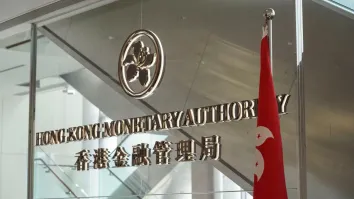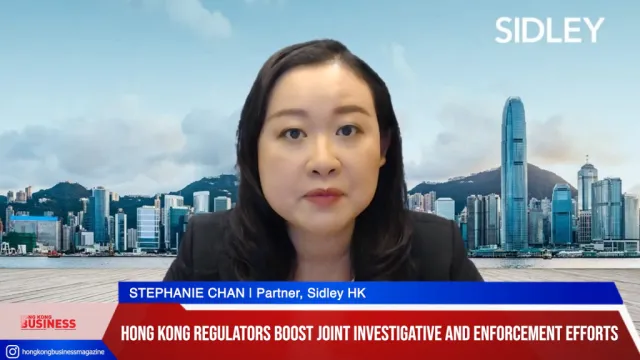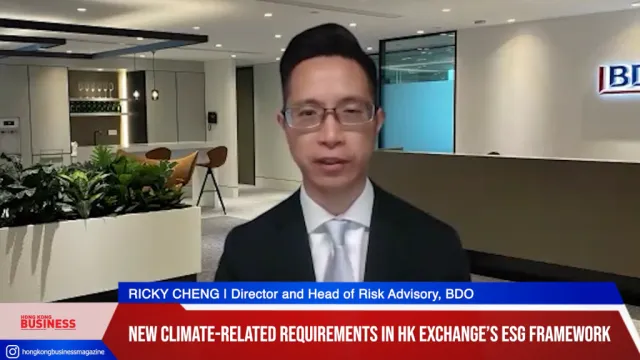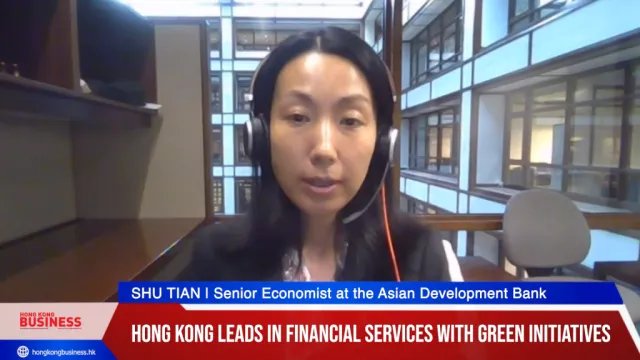
Surprisingly, Hong Kong Kong firms are more transparent than Singapore counterparts
60% of Singapore companies fail to mention a code of conduct in their publications.
According to the Red Flag Group, a global professional services firm in the areas of corporate governance and compliance, Singapore companies are falling behind by not having a clearly publicised and projected stance on governance and compliance issues.
The study provides a detailed insight into the publicised approaches to corporate governance and compliance by the top 100listed companies in Singapore.
Each were judged on eight criteria including whether they had a publicly available code-of-conduct, a whistle-blower policy and if they identified a chief compliance officer. All these factors were analysed and companies were scored out of 32.
The highest scoring company was Singapore-headquartered, with a total of 24 out of 32. Singaporean companies had an average score of 13 out of 32, compared with 10.6 for foreign companies.
However, the area almost all businesses fell down was on making their codes of conduct public. Just four percent of businesses in Singapore had a publically available code of conduct, compared with the 14 percent in Hong Kong identified in a previous Red FlagGroup study this year. In total, 36 percent of Singapore listed businesses had an internal code of conduct in company publications, and the majority (60 percent) failed to even mention a code of conduct in any of their publications.
“Having a publically available code of conduct allows potential investors and stakeholders to examine core values and expected standards so they can better understand a company’s culture. By keeping their codes internal, companies are effectively cloaking their integrity and values in the eyes of the general public,” said Scott Lane, CEO of The Red Flag Group.
“Singapore’s consistently low unemployment rate means that businesses often have to fight to attract and retain talent. As employees increasingly thinkbeyond just financial remuneration and take into account company integrity and culture, it is crucial that companies portray themselves as transparent.”
When the results were broken down by vertical, technology companies came out on top, with the services industry faring worst. Furthermore, large enterprises showed better attitudes to compliance than small and medium-sized companies.
The strongest area of compliance for Singapore was having a sound whistle blower policy. A quarter of the companies scored full marks for not only following the guideline but also taking extra effort, such as explaining thoroughly why the policy is in place and encouraging staff to use it.
“Despite being consistently ranked as one of the least-corrupt nations, even Singapore has had its share of corporate scandals,” Mr Lane added. “These have prompted authorities to begin updating regulatory documents and we could expect to see a stricter regulatory environment here in the near future.”



















 Advertise
Advertise






